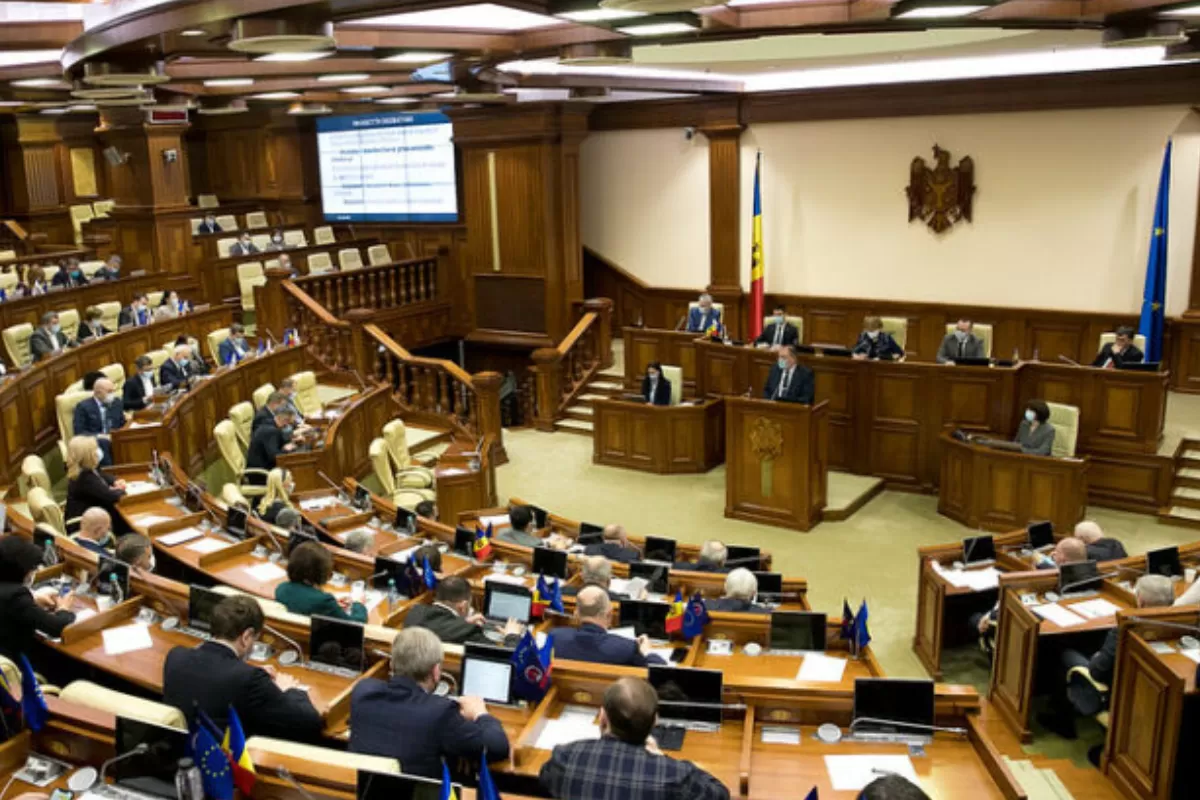
The Republic of Moldova proclaimed its independence in the wake of the breakdown of the USSR, but also as a result of the national rebirth movement at the end of the 1980s. In the 30 years that have since lapsed, Moscow has used a number of pressure points – a population with a doubtful identity, the frozen conflict in Transnistria, the monopoly on natural gas, its political clientele, etc. – in order to uphold its influence in the area between the Prut and the Dniester rivers.

Seven months after a complicated presidential election, the Republic of Moldova is again in the grip of election fever. This time around, the country will be hosting snap parliamentary elections, but the background, protagonists and stakes are mostly the same. The main battle will be pitting the center-right pro-Western Action and Solidarity Party (PAS), previously led by president Maia Sandu, against the center-left pro-Russian Party of Socialists (PSRM) led by the former president Igor Dodon.

In the Republic of Moldova, where half the population wants to join the European Union and the other half the Eurasian Union, where the number of supporters of the union with Romania is increasing, but that of the USSR nostalgics does not seem to decrease, where unionist marches would still end in confrontations a few years ago, May 9th could not but be a new bone of contention for politicians, and also a reason for debate in society, especially since much of that society was educated in the Soviet spirit of the significance of this date.

In the Republic of Moldova, two attempts to appoint a new government have failed and more than three months have passed since the resignation of the previous one, so, at least in theory, the conditions have been met for the dissolution of Parliament and for holding snap elections, which all the parliamentary parties said they wanted. But, as usual, in the Republic of Moldova black is never just black, and white is blindingly white.

The Party of Socialists in the Republic of Moldova has abandoned plans to make the Republic of Moldova a Federation, reverting instead to a 25-year-old document that proposes the creation of a confederation as a solution to the Transnistrian conflict, by setting Chișinău on an equal footing with Tiraspol.